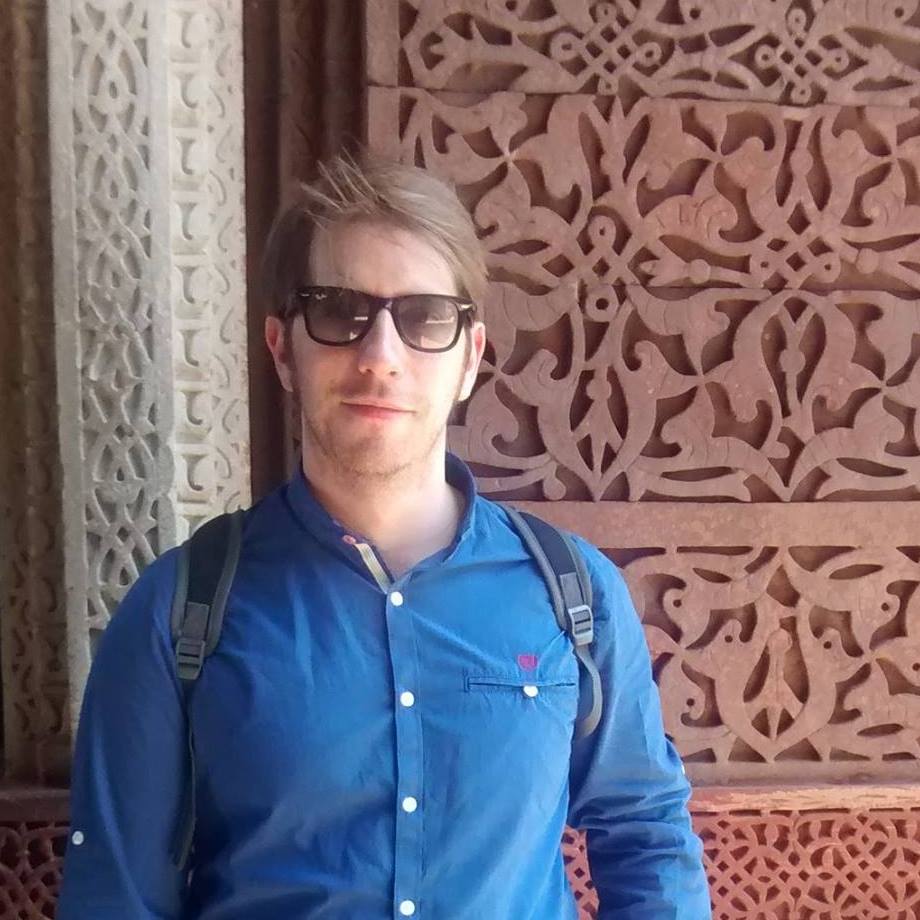Contemplating the short blink of human experience, our long and confusing history, the great mystery of space, the depths of the sea and the bewildering nature of consciousness tell us that there is much that remains unclear.
We can’t escape mystery because it constitutes part of our experience of a world that we do not entirely understand. Moreover, it may be basic to the world itself.
All the while, human experience itself — the meaning of our lives — is regularly paradoxical.
To lose a sense of mystery and paradox, then, is to fall out of touch with reality. Yet the absence of both is a taken-for-granted consensus in the modern world.
This taken-for-granted consensus is caused by confusing certainty in our models with certainty about the world itself.
Models circumscribe aspects of the world. But they do not circumscribe the world. That’s an important difference, and when we forget it, we allow the journey of our lives to be predetermined. We become desensitised to contact with the unknown.
When we’re not making contact with the unknown, we can’t learn or grow. Growth takes place in contact with what’s unknown to us.
Our models provide us with a lot of comfort. But they also confine our experiences, reflecting back to us our prior assumptions and opinions. In just such a way, our society and culture reflect our shared metaphysical beliefs — our shared conventional thinking — so that we are rarely confronted with views that undercut our own.

Viewed from outside of these metaphysical and cultural norms, this behaviour is akin to building walls around a city and declaring wild all that stands outside.
It does not change what lies beyond the walls. Instead, it suppresses our questions about what is there.
It quietens the gentle whisper of mystery, as if we have shut the curtains after seeing twinkling lights tease us at the window. In this way, the unknown smiles at our confidence and folly.
The most important questions are the ones that stay open. They are the ones that are difficult to answer — and sometimes, they are the ones that have no answer, except through the actions and experiences we bring to bear on them. That is, we answer by how we live our lives.
Circumscribing what we understand doesn’t make the unknown disappear.
Keeping the curtains closed is like staying in a castle because it is safe and secure. We could use the castle as a base for further exploration, but we remain indoors out of fear. In time, what we leave outside besieges and breaks in on our lives inside, because it belongs to the wholeness of life.

To be in touch with mystery is to touch the infinitely expansive, the enduringly grey. It takes great courage not to turn away from mystery and paradox but to consult and speak to both. It takes courage not to run from — but instead attend to — liminal experience.
As a society, we have lost an appreciation for paradox and the otherworldly. We have lost our sense of the murky and unclear. We have lost our respect for mystery.
Hoping to leave behind superstitious past beliefs — newly and most assuredly Enlightened — we have replaced an extreme inclination towards superstition with extreme rationality.
We have thrown away superstitions, believing them all to be unreasonable in a reasonable age. But superstitions are close cousins to mystery and doubt, and by pushing away old superstitions wholesale, we have also unconsciously pushed away central elements of human experience.
Mystery is always speaking to us.
It speaks to us in the quiet moments, when — amid the cacophony of electronic noises — we pause and listen to silence.
It speaks to us in the nighttime’s nostalgic hypnagogia, as unbidden questions that meet us beneath the bedcovers.
It meets us in the most charged experiences of our lives, in serendipitous encounters and in synchronous events.
Paradox is the corollary of mystery. It is the trusted guide who promises to take us to the journey’s end but leads us instead to a crossroads, only to tell us that the choice at the crossroads is where we find the truth. It is the confluence and fulcrum of many perspectives — a meeting-place of many paths.
Rather than adhering more strongly to our models, perhaps we require greater fluency in paradox. Perhaps we need to learn how to be guided by ambivalence and ambiguity. In time we may come to understand how this is different from superstition or ignorance, but leads instead to a profound and cogent articulation of truth.
That’s paradoxical. And that’s life.

